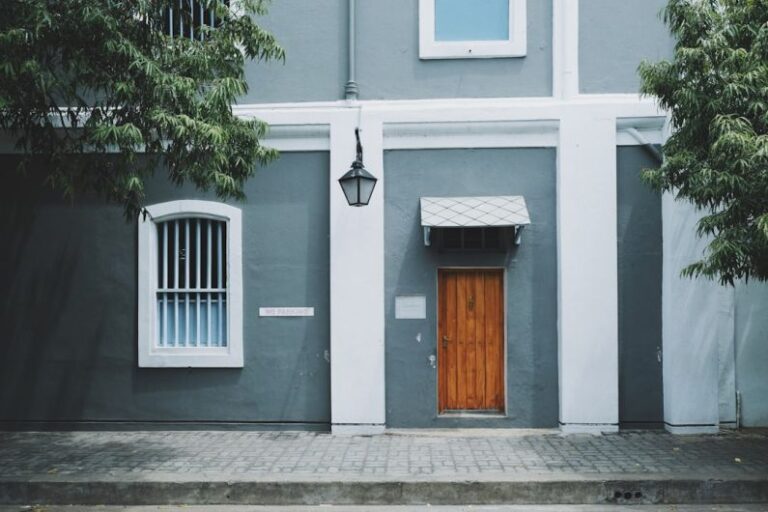
Buying a foreclosure property can be a great investment opportunity, but it also comes with its own set of challenges. Once you have successfully purchased a foreclosure, there are several important steps you need to take to ensure a smooth transition into your new property. From securing the property to addressing any potential issues, here are the key steps to take after buying a foreclosure.
Understand the Property’s Condition
Before diving into any major renovation or repair work, it is crucial to thoroughly assess the condition of the property. Foreclosed homes are often sold as-is, meaning the previous owner may not have maintained the property properly. Conduct a thorough inspection to identify any structural issues, water damage, or other potential problems that need to be addressed. This will help you create a realistic budget and timeline for any necessary repairs.
Change the Locks
One of the first things you should do after buying a foreclosure is to change the locks on all exterior doors. Since the property was previously owned, you can’t be sure how many copies of the keys are floating around. By changing the locks, you can ensure that you have complete control over who has access to your new property, providing you with peace of mind.
Secure the Property
Foreclosed properties are often vacant for extended periods, making them susceptible to vandalism and theft. To prevent any unwanted incidents, it is essential to secure the property as soon as possible. Consider installing a security system, boarding up windows if necessary, and maintaining the landscaping to deter potential intruders. Taking these proactive measures will help protect your investment and maintain the property’s value.
Check for Outstanding Liens
Before finalizing the purchase of a foreclosure, it is crucial to conduct a title search to check for any outstanding liens or encumbrances on the property. While the foreclosure process typically clears most liens, there is still a possibility of hidden debts that could affect your ownership rights. By performing a thorough title search, you can identify any potential issues and address them promptly to avoid any legal complications down the line.
Set a Realistic Budget
Renovating a foreclosure property can be a costly endeavor, so it is essential to set a realistic budget before starting any major projects. Consider hiring a professional contractor to provide you with accurate cost estimates for repairs and renovations. Factor in unexpected expenses and create a contingency fund to cover any unforeseen costs that may arise during the renovation process. Having a well-defined budget will help you stay on track and avoid overspending on unnecessary upgrades.
Address Immediate Repairs
Once you have a clear understanding of the property’s condition and have secured the necessary permits, it is time to address any immediate repairs that need to be done. Focus on fixing critical issues such as roof leaks, plumbing problems, or electrical issues that could compromise the property’s safety and integrity. By prioritizing these essential repairs, you can create a safe and habitable living environment while working on more extensive renovations.
Plan for Long-Term Improvements
In addition to addressing immediate repairs, it is essential to plan for long-term improvements that will enhance the property’s value and appeal. Consider investing in energy-efficient upgrades, modernizing the kitchen and bathrooms, or enhancing the curb appeal with landscaping improvements. By strategically planning your renovations, you can maximize the property’s potential and attract potential buyers or renters in the future.
Maintain Regular Inspections
Even after completing the initial repairs and renovations, it is crucial to maintain regular inspections of the property to ensure that everything is in working order. Schedule routine maintenance checks for the HVAC system, plumbing, and electrical systems to identify any potential issues before they escalate into costly repairs. By staying proactive and addressing maintenance concerns promptly, you can prolong the lifespan of your investment and prevent major issues from arising.
Conclusion: Embrace the Opportunity
Buying a foreclosure property can be a rewarding investment opportunity, but it requires careful planning and diligent execution. By following these essential steps after purchasing a foreclosure, you can protect your investment, enhance the property’s value, and create a successful real estate venture. Embrace the opportunity to transform a distressed property into a valuable asset, and enjoy the benefits of homeownership or rental income for years to come.





